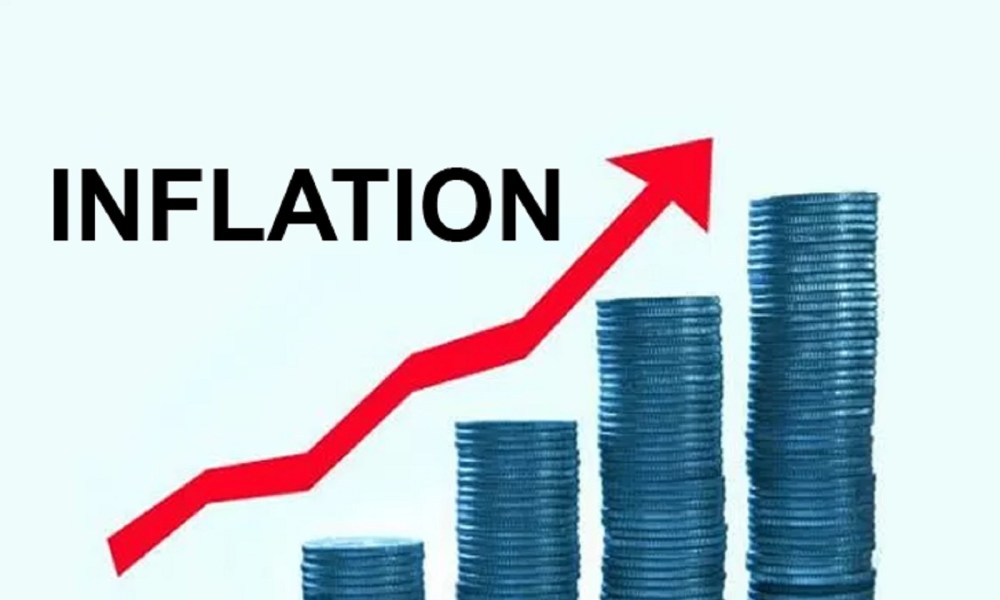Nigeria’s headline inflation rose to 16.47 per cent in January 2021, the National Bureau of Statistics said on Tuesday.
Buoyed by galloping food prices, food inflation also rose to 20.57 per cent in January, from 19.56 per cent in December.
Inflation soared at 15.75 per cent in December, its highest level in 32 months, with the 0.86 per cent month-on-month increase marking the 16th consecutive month inflation would increase in Nigeria.
Earlier in November, it touched 14.89 per cent.
The new increase signals that there is a long way towards recovery for Africa’s largest economy, which slipped into its second recession in four years and the worst in nearly four decades in the third quarter of 2020.
ALSO READ:-Buhari appoints BAWA as the new chairman of EFCC
There will also be sustained inflationary pressures on consumers’ purchasing power.
Nigeria announced a shutdown of its porous land borders with neighbouring countries in October 2019, in a motion seeking to spur local production of food as well as curb smuggling and sundry cross-border corruption. The move however contributed to accelerated food prices, analysts said.
The government reopened parts of the land borders last year to ease food inflation rate, but the move hasn’t had much effect.
According to the NBS, Core Inflation rose to 11.85% in January 2021, from 11.37% in December.
The Minister of Finance, Budget and National Planning, Zainab Ahmed, had in January said the government planned to keep inflation at 11.95 per cent by year-end, following the Central Bank of Nigeria (CBN)’s inability to keep it within a single-digit target range of between 6 to 9 per cent for more than four years.
As parts of measures to manage inflationary concerns, the Central Bank of Nigeria retained its benchmark lending rate at 11.5 per cent at a meeting of the monetary policy committee of the bank last month.
The apex bank has over the years failed to keep inflation figures between six and nine per cent as planned.

